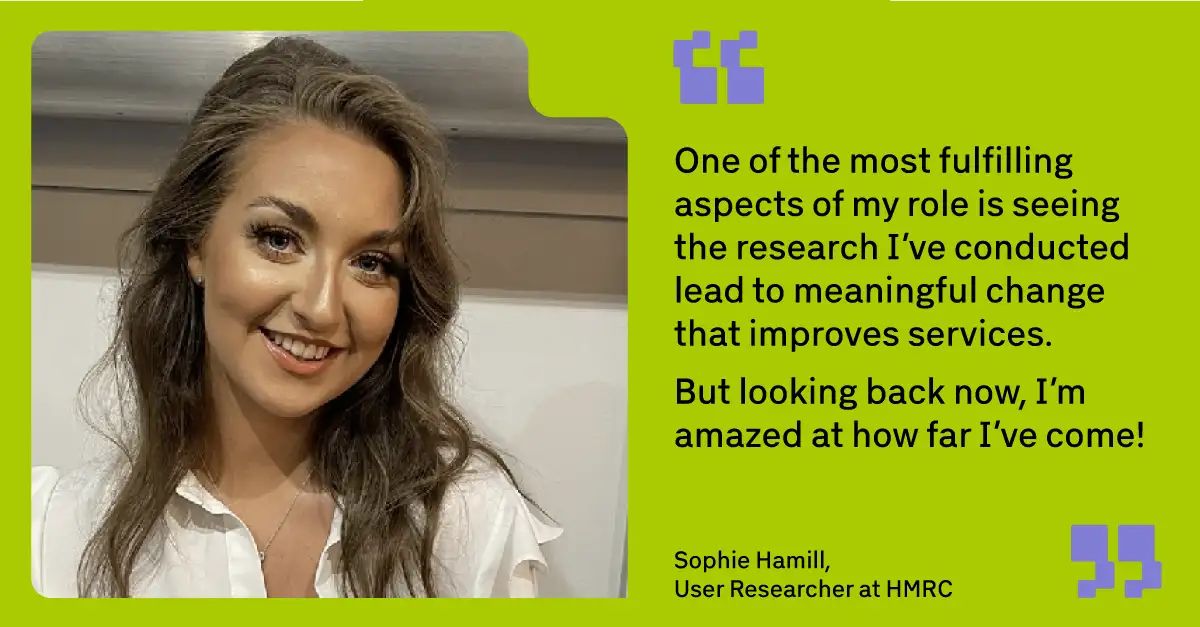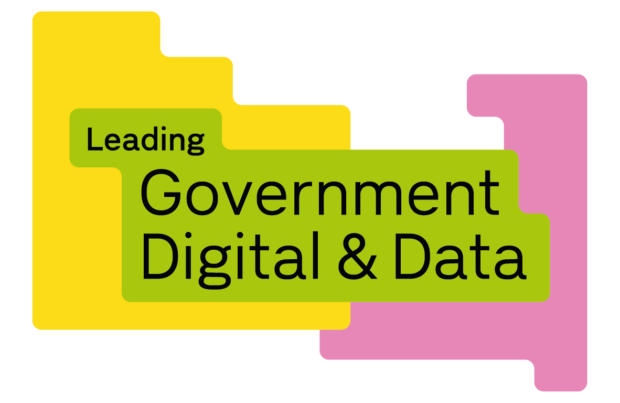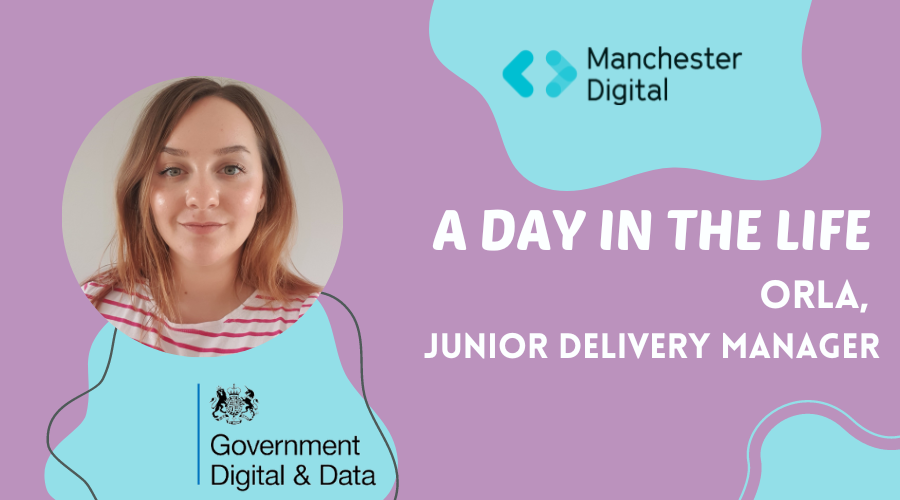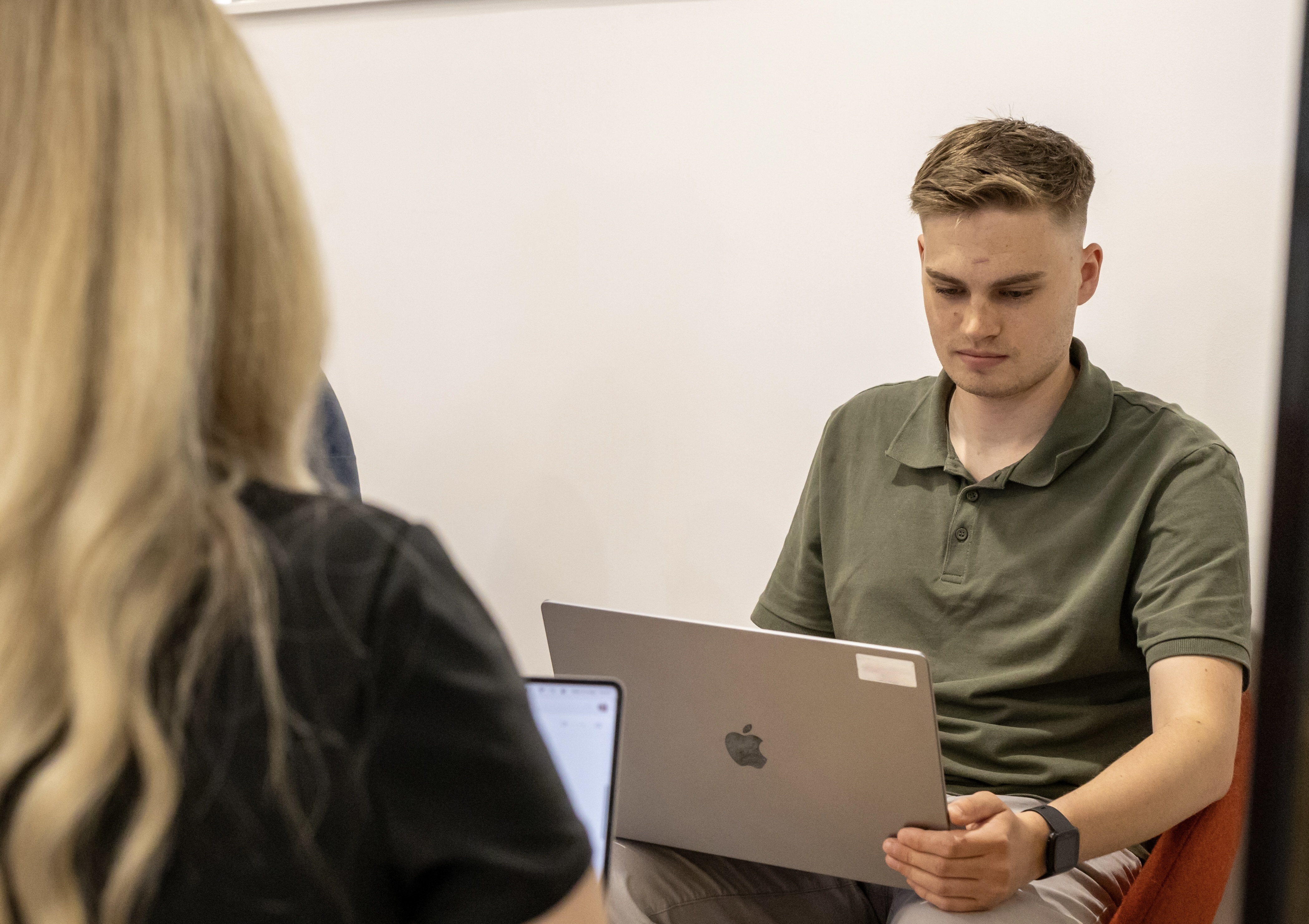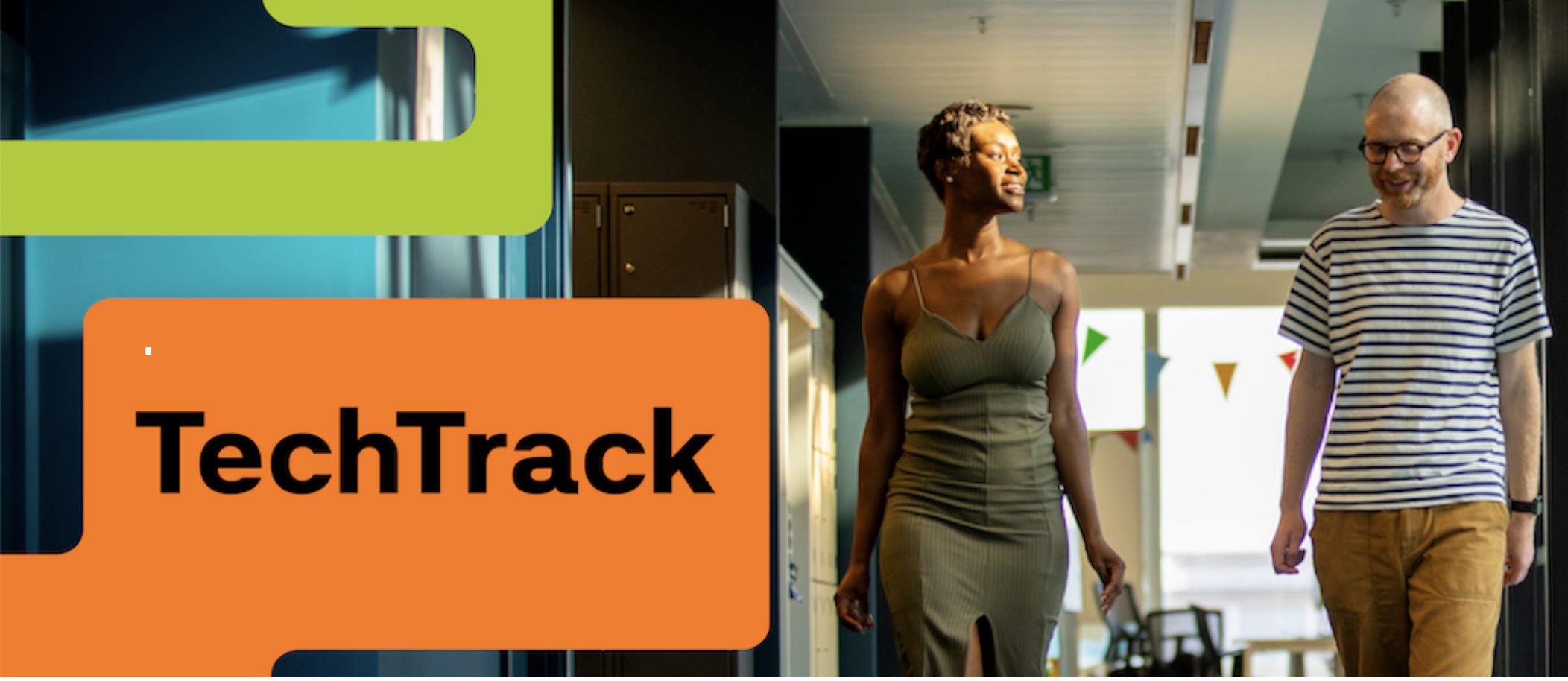Defence Business Services HEO Software Developer - MoD - HEO
Government Digital & Data -
Are you a dedicated person who is passionate about making a difference?
Would you like to work for the Ministry of Defence?
Defence Business Services (DBS) is one of the largest shared service organisations in Europe that provides a wide range of corporate services, to over 1.2 million end users, including serving and past military and families, as well as MoD civil servants and industry. DBS delivers large scale administration and smaller specialist services to enable the wider MOD to focus on its core aims, maintaining the UK’s Defence and Security. Services include Human Resources, Pay, Veterans, Finance and Procurement.
- Our Vision - To support UK defence customers with outstanding service every time.
- Our Mission – Together we will proudly support Defence, continuously improving and delivering flexible, timely, sustainable and value for money services that underpin the whole force and enhance operational capability.
DBS is committed to creating a great place to work for all our colleagues. We are building an inclusive culture and respectful environment that reflects the diversity of the society.
We want to maximise the potential of everyone who chooses to work for us through opportunities to develop your skills and experience. We also offer a range of flexible working patterns and support to make a fulfilling career accessible to you and offer a Civil Service pension with an average employer contribution of 28.97%. Where your role permits, we support a blended working approach alternatively known as hybrid working.
DBS has recently undertaken a review of its operational locations in the North West, and have consolidated all activities in Norcross, Blackpool. A further move, to the new Government Hub at Talbot Gateway in Blackpool, is scheduled to take place in 2026.
Where business needs allow, some roles may be suitable for a combination of office and home-based working. This is a non-contractual arrangement where all office-based employees will be expected to spend a minimum of 60% of their working time in office, subject to capacity and any required workplace adjustments. Requirements to attend other locations for official business, or work in another MOD office, will also count towards this level of attendance. Applicants can request further information regarding how this may work in their team from the Vacancy Holder (see advert for contact details). Defence Business Services cannot respond to any questions about working arrangements.
Come and join the DBS community today!
Job description
DBS DIT provides digital capability that supports corporate services across the Ministry of Defence, including Finance, Commercial, Payroll and Human Resources for Military Personnel, Civilian Personnel and Veterans. Our digital solutions comprise enterprise resource planning systems, performance management, analytics, automation, low code applications and public facing services through Gov.uk. These are deployed via a number of core technologies including Oracle, Cognos, Microsoft and Blue Prism utilising cloud platforms (SAAS/PAAS/IAAS) and on-premise hosting. A software developer designs, runs and improves software that meets user needs. In this role, you will: · Be responsible for writing clean, secure code following a test-driven approach · Create code that is open by default and easy for others to reuse.
A developer delivers software components that form part of a product. At this role level, you will:
- Develop software to meet user needs
- Follow best practice guidelines and help to improve those guidelines
- Write clean, secure and well-tested code
- Coach and mentor more junior colleagues
- Operate the services you build and identify issues in production
Person specification
You will need the following skills for this role, although the level of expertise for each will vary, depending on the role level.
- Availability and capacity management. You can define, analyse, plan, forecast, measure, maintain and improve all aspects of the availability of services, including power. You can control and manage service availability to meet business needs cost-effectively, including managing the capability, functionality and sustainability of service components (such as hardware, software, network resources, and software or infrastructure as a service).
- Development process optimisation. You can identify opportunities for improving the development process, make these improvements and evaluate their success. You can work with others to select and implement tools and practices to build confidence and reduce risk in each stage of the software development life cycle (from planning and prioritisation through to build, test, deployment and monitoring).
- Development process optimisation (management). You can create strategies for optimising the development process. You can influence and build consensus with stakeholders to ensure that the required technical improvements are aligned with business objectives. You can iterate on the development of standards and policies, working with delivery teams to ensure that these policies are producing the required outcome and continue to be attainable, applicable and fit for purpose.
- Information security. You can maintain the security, confidentiality and integrity of information systems through compliance with relevant legislation and regulations. You can design, implement and operate controls and management strategies to allow this.
- Modern standards approach. You can apply a modern standards approach throughout automation and testing.
- Programming and build (software engineering). You can use agreed security standards and specifications to design, create, test and document new or amended software.
- Prototyping. You can apply technical knowledge and experience to create or design workable prototypes, both programs and physical outputs. You can understand parameters, restrictions and synergies. Service support. You can maintain and support services.
- Systems design. You can create the specification and design of systems to meet defined business needs. You can work with business and technology stakeholders to translate business problems into technical designs. You can visualise the ideal user service and come up with design ideas and possible design approaches. You can effectively explore different approaches to solving problems.
- Systems integration. You can identify integration points between systems and processes, designing data contracts and communication between the components. You can make use of modern design patterns that reduce risk and complexity where possible. You can perform integration tests as part of the development process, drawing on suitable testing frameworks and methodologies.
- User focus. You can understand users and identify who they are and what their needs are, based on evidence. You can translate user stories and propose design approaches or services to meet these needs. You can engage in meaningful interactions and relationships with users. You can show that you put users first and can manage competing priorities.
Behaviours
We'll assess you against these behaviours during the selection process:
- Making Effective Decisions
- Changing and Improving
- Delivering at Pace
Technical skills
We'll assess you against these technical skills during the selection process:
- Programming and build (software engineering)
